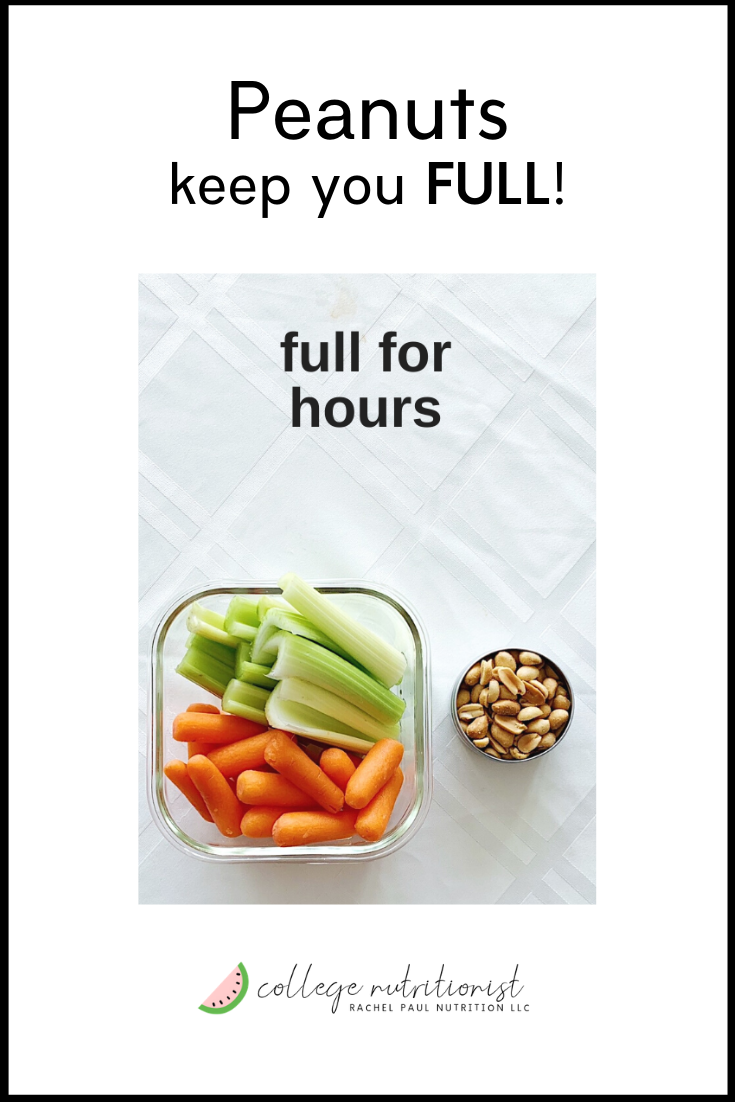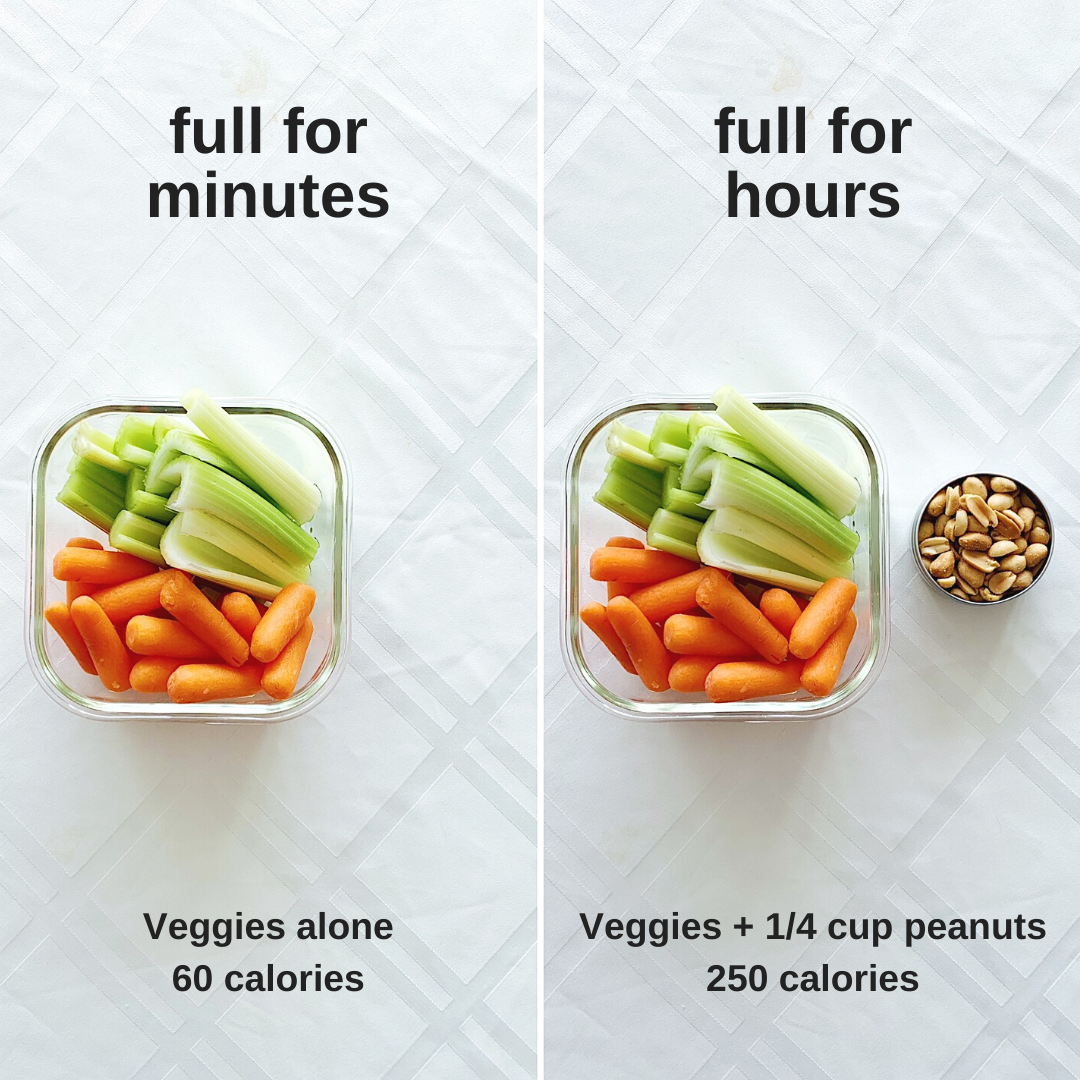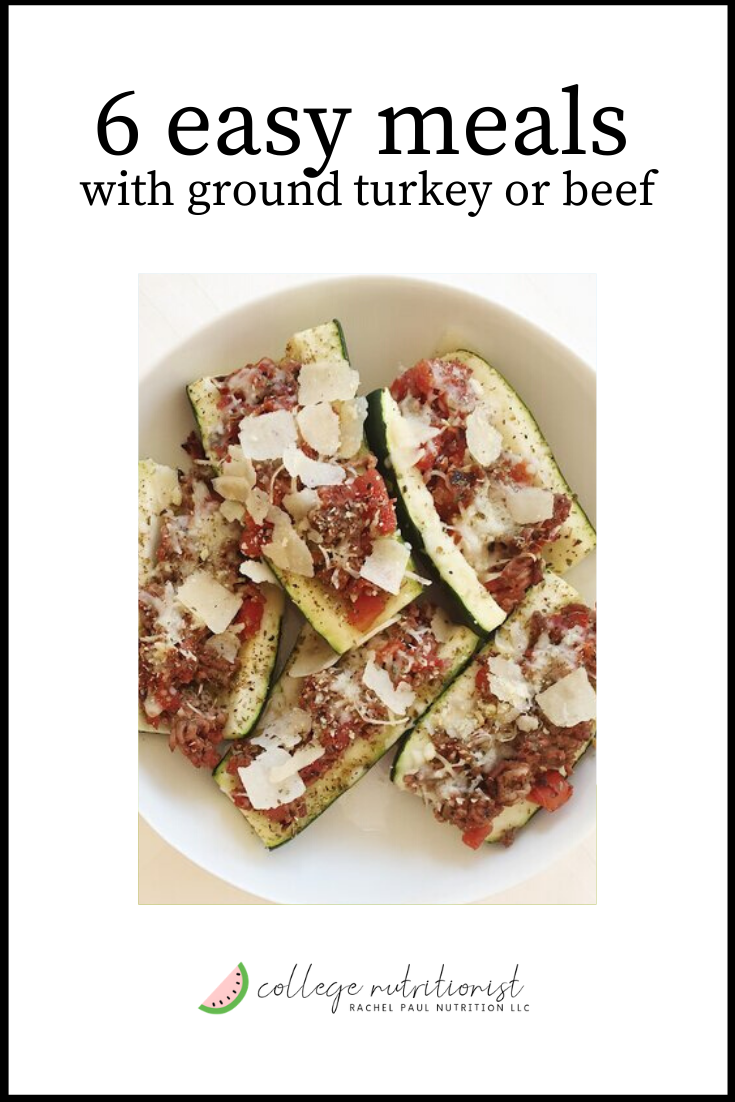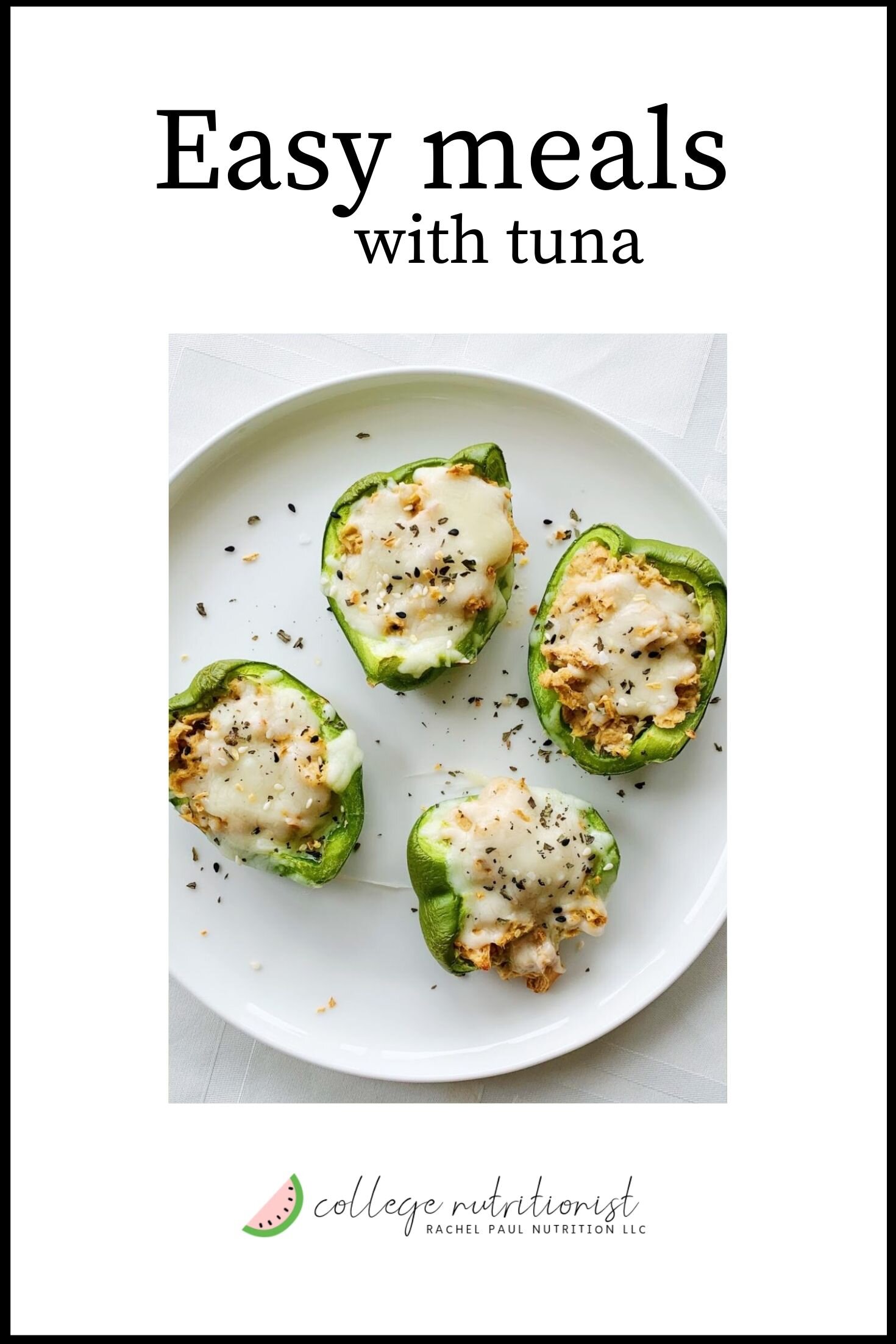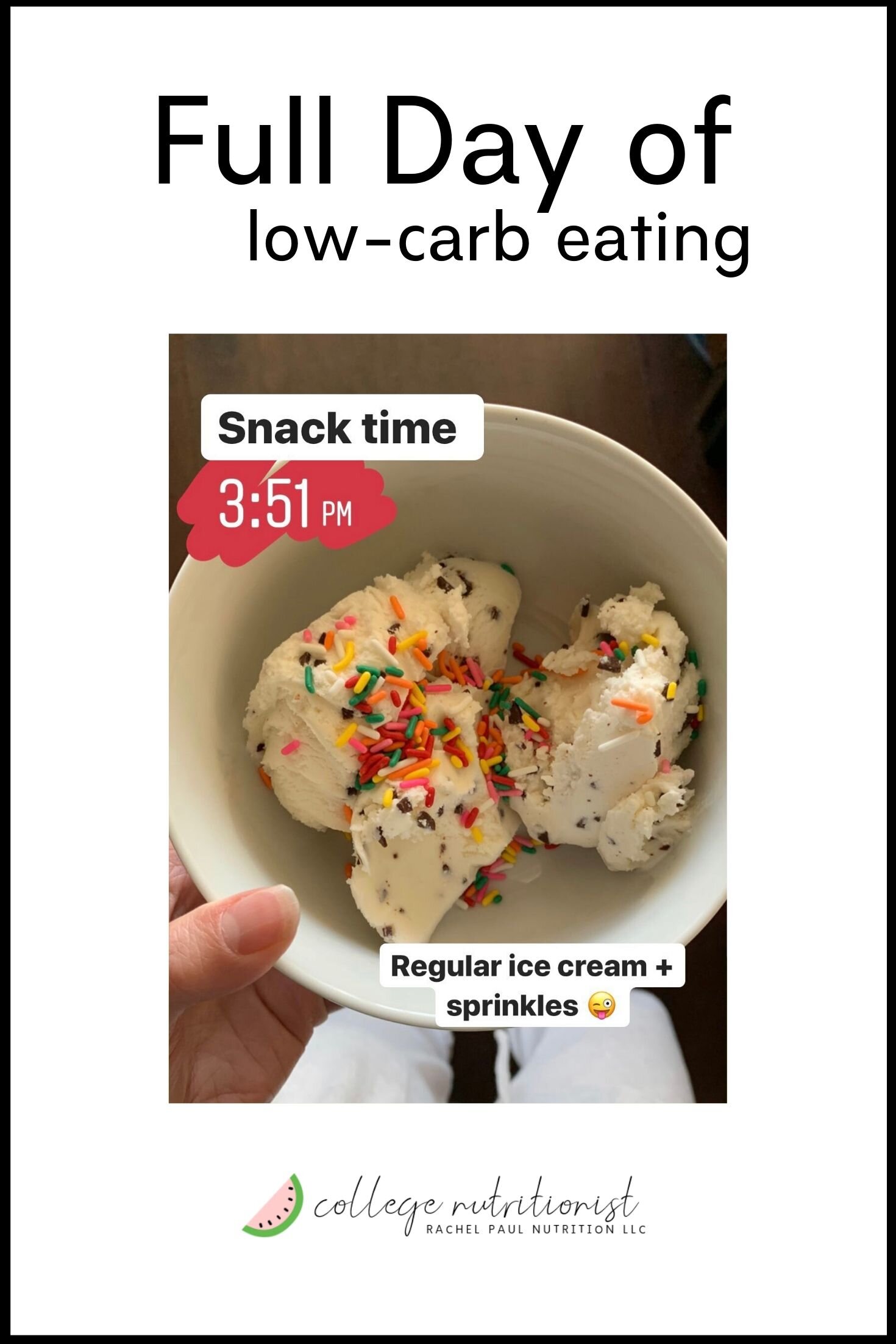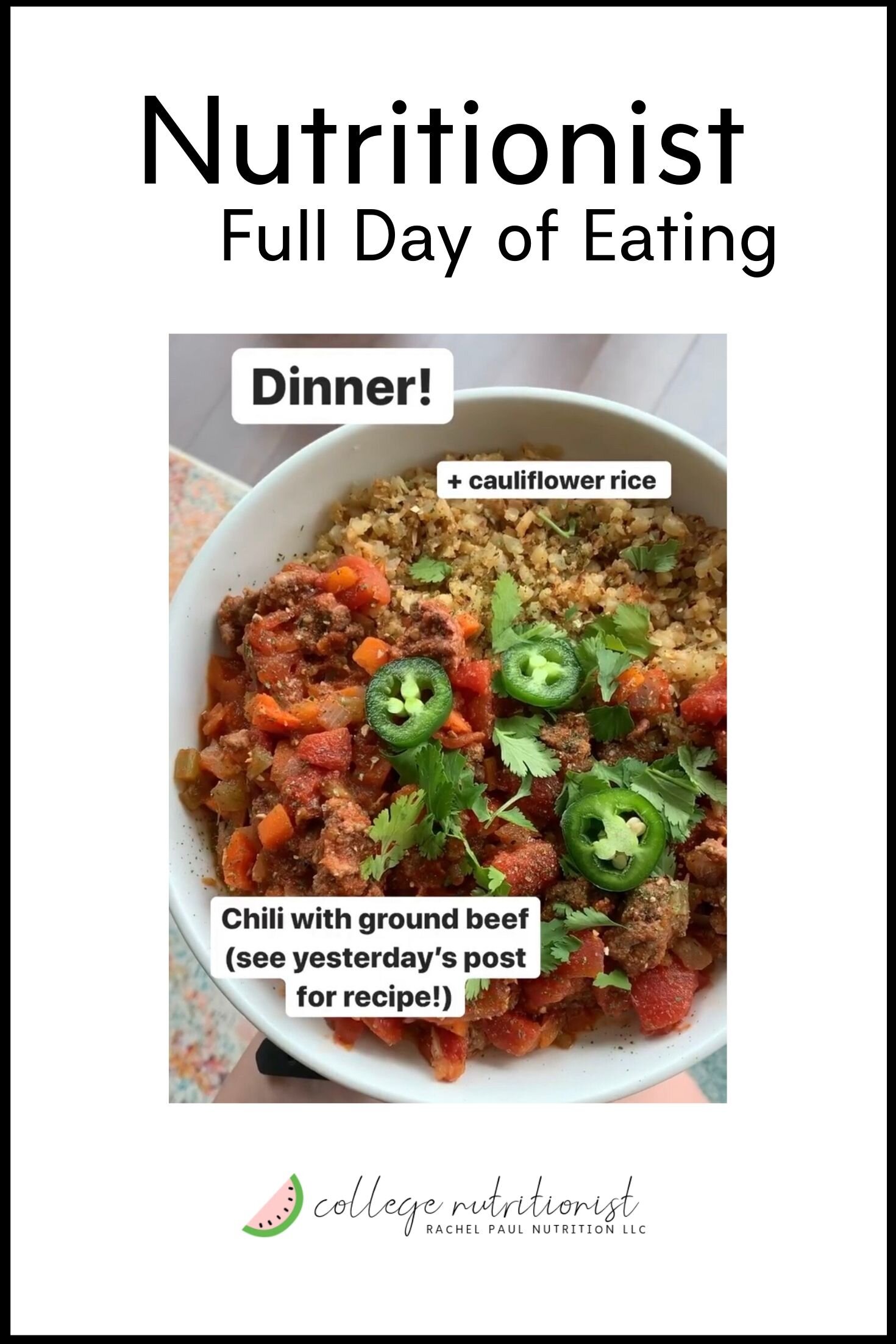This post was sponsored by The Peanut Institute
Hellooooo peanuts!! 🥜🥜 As I’m sure you know, I eat SO MANY peanuts and peanut butter 😋
I stick with peanuts as a snack for 3 main reasons 👉🏼
-
¼ cup contains 7 gm protein and has both monounsaturated and polyunsaturated fats, which keeps me full & stabilizes my blood sugar throughout the afternoon 💪🏼
-
Peanuts are environmentally friendly – they have a lower “water footprint” (total volume of fresh water required to produce a crop) compared to other nuts AND peanuts naturally replenish the soil with nitrogen, an essential nutrient for plant growth! 🌱
-
Peanuts and peanut butter are so affordable! Dollar for dollar, peanuts and peanut butter are less expensive than almost all nut and meat proteins 💰
Peanuts Keep You Full!
I’m super excited to partner with The Peanut Institute today to bring this hack to you – so easy – but SO helpful for keeping us full, especially for those of you looking to make some dietary changes for the new year! If I eat a non-filling snack, I end up continuously snacking and my mind is always on food. Peanuts are my GO-TO to pair with a fruit or vegetable for an afternoon snack so I know I will be able to concentrate on my work! 🤓
Let me tell you some other cool peanut facts 👉🏼
Peanuts and peanut butter qualify as superfoods (!!) because they deliver a ton of health benefits (19 vitamins and minerals!) in a very small serving. E.g. one serving of peanuts contains 6x as much protein and 8x as much niacin as a serving of raw kale! #PeanutSuperfood
AND! Did you know that peanut consumption is associated with a reduced risk of cancer (breast, colorectal, esophageal and pancreatic cancers), heart disease and diabetes? OR that the monounsaturated and polyunsaturated fats in peanuts, like those in olive oil and avocados, help decrease “bad” LDL cholesterol and increase “good” HDL cholesterol? 💪🏼💪🏼
Check out peanutinstitute.com for a ton of awesome info about peanuts, their health benefits and recipes!
Sources:
-
Lee, J., et al., The relationship between nut intake and risk of colorectal cancer: a case control study. Nutr J, 2018. 17(1): p. 37. 2.
-
Nieuwenhuis, L. and P.A. van den Brandt, Total Nut, Tree Nut, Peanut, and Peanut Butter Consumption and the Risk of Pancreatic Cancer in the Netherlands Cohort Study. Cancer Epidemiol Biomarkers Prev, 2018. 27(3): p. 274-284.
-
van den Brandt, P.A. and L. Nieuwenhuis, Tree nut, peanut, and peanut butter intake and risk of postmenopausal breast cancer: The Netherlands Cohort Study. Cancer Causes & Control, 2018. 29(1): p. 63-75.
-
Yanjie, Z., et al., Peanut consumption associated with a reduced risk of esophageal squamous cell carcinoma: A case–control study in a high-risk area in China. Thoracic Cancer, 2018. 9(1): p. 30- 36.
